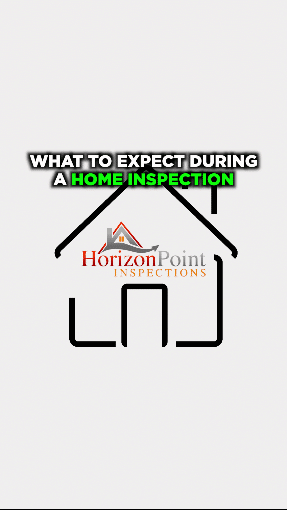
Understanding Mold Testing: A Guide for Agents, Buyers, and Sellers
When it comes to buying or selling a home, few topics generate as much anxiety—and confusion—as mold. Whether you’re a real estate agent trying to keep a deal together, a buyer navigating a potential health hazard, or a seller worried about what a report might reveal, mold testing often feels like a high-stakes moment in the transaction.
But it doesn’t have to be.
Yes, Every Home Has Mold—But Not Every Home Has a Mold Problem
Real estate agents often say, “Every house has mold,” as a way to reassure nervous buyers. And they’re right—sort of.
Mold spores are everywhere. They exist naturally in the air, on surfaces, and even inside new construction. The presence of mold, in and of itself, isn’t alarming.
Not every house has a mold problem.
That’s the real distinction. And that’s what mold testing is designed to figure out.
What Mold Testing Really Looks For
- Elevated mold spore counts in indoor air
- Presence of certain spore types that suggest active growth
- Environmental conditions conducive to mold (humidity, moisture)
- Signs of past or ongoing water intrusion
- Localized growth behind walls or in crawlspaces
Why This Matters in Real Estate
For buyers, mold problems can mean health concerns or unexpected repair costs. For sellers, hidden mold can create post-sale liabilities. And for real estate agents, improperly handling mold issues can jeopardize trust—and deals.
Professional mold testing provides peace of mind by turning guesswork into facts.
Understanding the Report
Mold lab reports include technical terms and data. Without the right context, results can be easily misunderstood or misrepresented. That’s why interpretation should come from certified mold professionals—not guesswork.
For Buyers: Stay Informed
Don’t let fear drive your decision—let facts guide you. Mold testing helps identify if a home has hidden moisture problems or conditions that could affect your health or wallet later.
For Sellers: Be Proactive
Pre-listing mold testing gives you control. If an issue is found, you can fix it before it affects negotiations. If not, you gain a clean report to share with confidence.
For Agents: Build Trust Through Transparency
As a trusted advisor, you help manage emotions and expectations. Mold testing allows you to stay neutral, rely on professional data, and support both sides of the deal.
Mold Testing Checklist: When Should You Test?
- Past water leaks or flooding
- Musty odors in any part of the home
- High humidity or poor airflow
- Visible staining on ceilings, walls, or flooring
- History of mold remediation
- Homes that have sat vacant for a while
- Peace of mind before finalizing a sale
The Difference Between Testing and Remediation
Not all mold inspectors offer remediation—and that’s a good thing. At Horizon Point Inspections, we provide objective testing only, with certified lab results and no conflict of interest.
Let’s Make Mold a Manageable Part of the Process
Mold is common—but manageable. The key is to stop guessing and start testing.
Whether you’re a buyer, seller, or agent, mold testing gives you answers and peace of mind.
📞 Schedule Your Mold Assessment with Horizon Point Inspections
We provide thorough, unbiased mold testing backed by certified lab analysis. Our team gives you clear results with no pressure and no upselling—just honest answers you can trust.
📧 Email: info@inspecthorizon.com
📞 Phone: 513-831-1200


